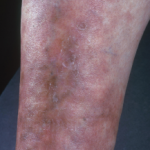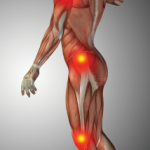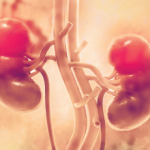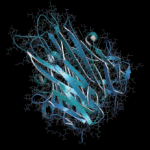NEW YORK (Reuters Health)—After starting biologic therapy for rheumatoid arthritis (RA), patients with higher disease activity at baseline achieved greater improvements in measures of disease activity than those with lower levels of disease, but they were less likely to achieve remission or even low disease activity, according to a new real world analysis of registry data….
Republicans Revamp U.S. Health Bill, Boost Benefits to Older Americans
WASHINGTON (Reuters)—U.S. House Republicans are working on changes to their healthcare overhaul bill to provide more generous tax credits for older Americans and add a work requirement for the Medicaid program for the poor, House Speaker Paul Ryan (R-Wis.) said on Sunday. Ryan said Republican leaders still planned to bring the healthcare bill to a…
Hospitals Have Lower Death Rates During Surprise Inspections
(Reuters Health)—Patients may be less likely to die in U.S. hospitals during weeks when accreditation inspectors show up unannounced than during other times of the year, a recent U.S. study suggests. Researchers examined mortality data for 1,984 hospitals nationwide from 2008 to 2012. During surprise inspections, 7.03% of patients died within 30 days of being…
Rheumatology March Coding Corner Answer: Pediatric Rheumatology Consult
Take the challenge. CPT: 99203 This encounter is coded as 99203, because it included: History—The history of present illness was extended. The review of systems was complete, and the past medical, family and social were documented. This makes the history comprehensive. Examination—Expanded detailed. Medical decision making—The diagnosis was a new problem with no additional workup…
Rheumatology March Coding Corner Question: Pediatric Rheumatology Consult
A 13-year-old black male, described by his mother as a very active and energetic child, is referred to a pediatric rheumatologist. His chief complaint is muscle pain in both legs, which he has experienced for the past three weeks. His mother is a patient of an adult rheumatologist at this clinic and is quite concerned….

Draft Criteria for ANCA-Associated Vasculitis Released
WASHINGTON, D.C.—Rheumatologists do not have up-to-date diagnostic and classification criteria for vasculitis, a group of diseases that involves inflammation of the blood vessels, said experts speaking at the 2016 ACR/ARHP Annual Meeting session, Classification Criteria for ANCA-Associated Vasculitis. The most recent classification criteria were published by the ACR in 1990, and since then, new disease…

Clinical Trial Data Provides Insight into Muscle Biology, Myositis, Myopathies
WASHINGTON, D.C.—Ongoing investigation into the disease mechanisms of inflammatory myopathies is generating needed information for the development of potential future therapeutic targets, and current data from clinical trials have shed light on myopathy concerns in different cohorts of patients. These issues were all discussed in a session titled Muscle Biology, Myositis, and Myopathies I during…

Quality Measures Used to Assess Care, Improve Outcomes in Children, Adults with Rheumatic Diseases
WASHINGTON, D.C.—In a session during the 2016 ACR/ARHP Annual Meeting, aptly called Quality Measures and Quality of Care I, a panel of experts presented information on a number of programs underway in rheumatology using quality measures to both assess and improve patient outcomes. Leading off were two presentations on programs using quality measures to improve…

New Findings on Rheumatic Drug Therapies among Patients with Ankylosing Spondylitis, Gout, SLE
WASHINGTON, D.C.—Taking high-dose non-steroidal anti-inflammatory drugs (NSAIDs) with a TNF inhibitor as an ankylosing spondylitis (AS) patient is linked with a 61% decrease in the chances your disease will progress, suggesting there may be a synergy when the drugs are used together, according to a longitudinal observational study from researchers at the University of California,…

Cancer Risk for Patients with Juvenile Idiopathic Arthritis Taking TNF Inhibitors
WASHINGTON, D.C.—Juvenile idiopathic arthritis (JIA) patients taking TNF inhibitors don’t develop new cancers at a higher rate than JIA patients who don’t take TNF inhibitors, according to the largest study so far conducted to study the possible link. The findings were reported at the 2016 ACR/ARHP Annual Meeting in an abstract session that also included…
- « Previous Page
- 1
- …
- 441
- 442
- 443
- 444
- 445
- …
- 816
- Next Page »